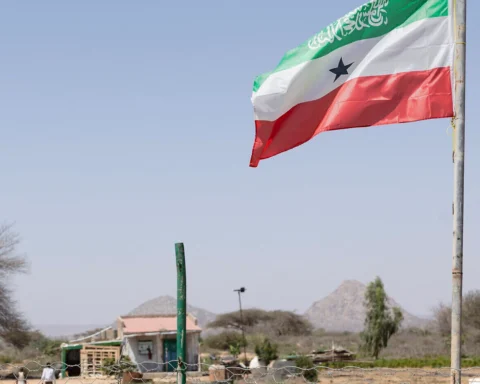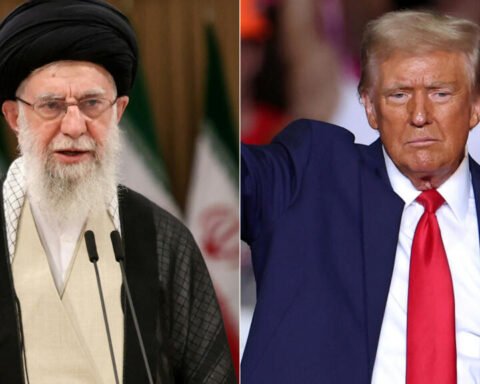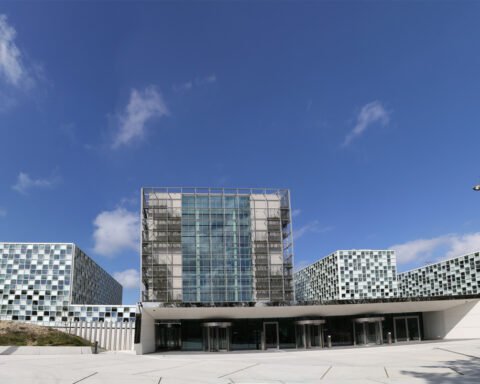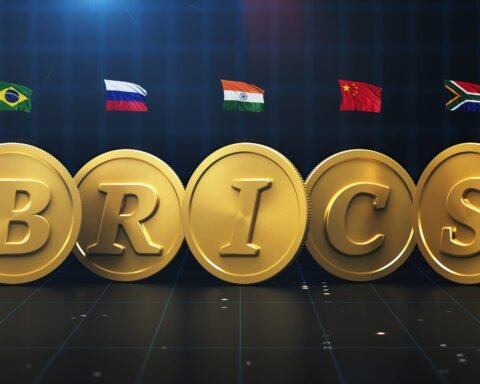The newly elected Pope Leo XIV celebrated his first Mass on Friday inside the iconic Sistine Chapel, less than a day after being named the 267th pontiff of the Catholic Church.
His message was both clear and urgent: faith is needed now more than ever in a world often caught in darkness.
The 69-year-old pope, born Robert Francis Prevost in Chicago, is the first American-born leader of the Church. A former missionary in Peru, Pope Leo XIV appeared calm and focused as he addressed a chapel full of cardinals—many of whom had just voted him into the role during the 2025 Papal Conclave. His vestments were simple, white and gold, in line with his modest, pastoral style.
Speaking first in English, then in fluent Italian, he reflected on the challenges of modern life and the diminishing role of faith. “A lack of faith,” he said, “is often tragically accompanied by the loss of meaning in life, the neglect of mercy, appalling violations of human dignity, the crisis of the family, and so many other wounds that afflict our society.”
Also Read; Russia Marks 80 Years Since Nazi Defeat
His words struck a chord in a world where spiritual values are increasingly sidelined by materialism and individualism. He warned against the temptation to place ultimate trust in “technology, money, power or pleasure,” saying these alone cannot provide lasting fulfillment.
The new pope’s homily was not only a call to individual faith but also a broader vision for the Church. He described himself as a “faithful administrator” of the global Catholic community, signaling his intention to lead with humility rather than authority. His approach echoes that of his predecessor, Pope Francis, who emphasized compassion, inclusion, and care for the marginalized throughout his papacy before his death in April 2025.
Leo XIV’s official inauguration Mass is set for May 18 and will be attended by dignitaries, clergy, and the faithful from around the world. Until then, his quiet but stirring first words as pope are already setting the tone for what many believe could be a bridge-building papacy—one that hopes to renew belief in the power of mercy, unity, and faith amid global uncertainty.







